What is mulching and what are the benefits? The trick every gardener should know for a thriving garden
Mulching is one of the very best things you can do for your garden
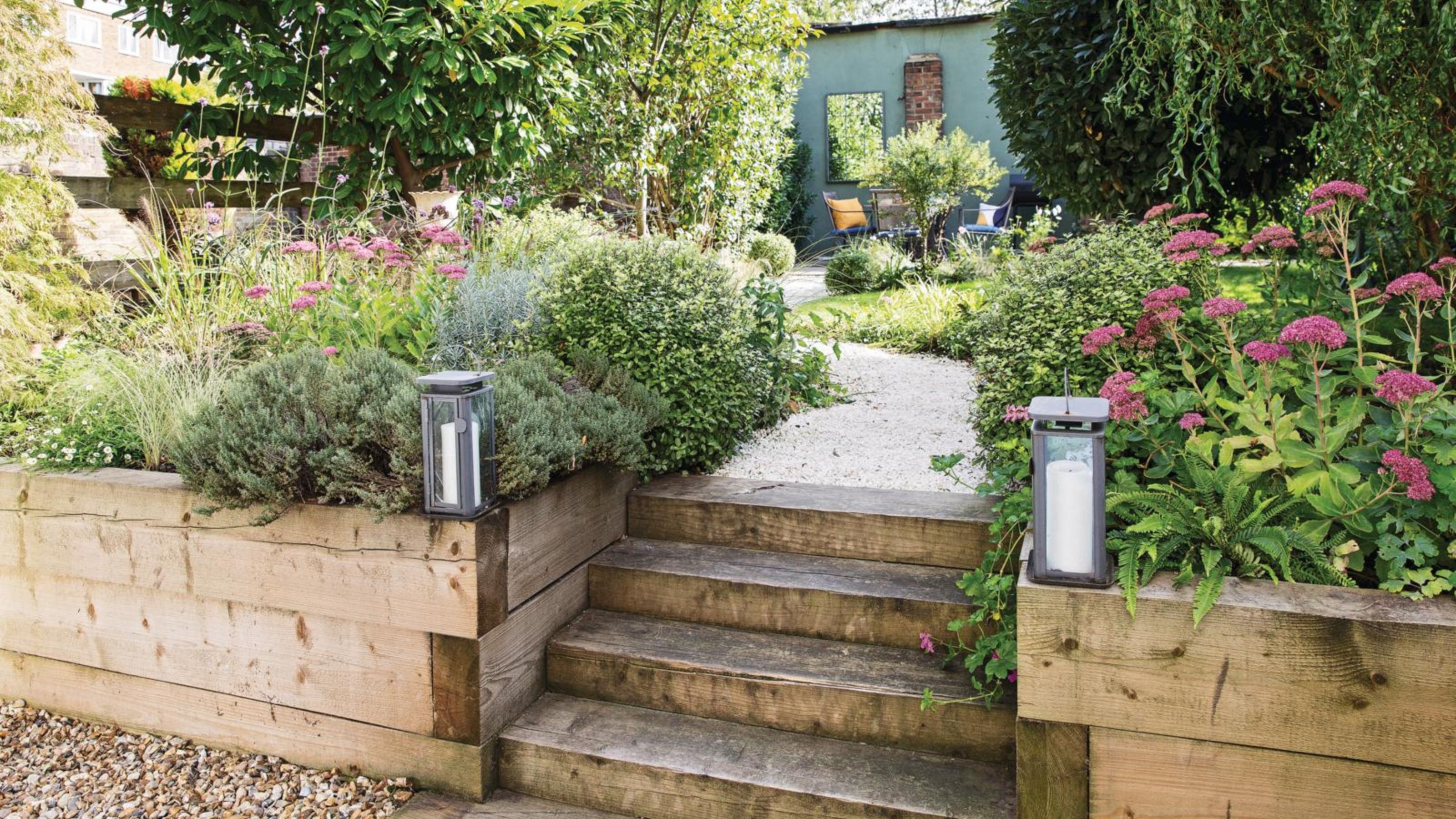

Mulching is one of those terms that gets thrown around a lot in the gardening world, but it's something worth learning about in your garden as the benefits can be huge.
Mulching is when you add a thick layer of organic matter (usually manure, compost or bark) to the surface of your soil. Not only do the different types of mulch serve to protect plants from winter climes, but it can also smother weeds, retain soil moisture, and plenty more besides.
'Without healthy soil, plants won’t grow. At least not the plants that we cultivate such as flowering perennials, shrubs, fruit and vegetables. So everything starts with the health of your soil,' says Morris Hankinson, director of Hopes Grove Nurseries.

Morris Hankinson is the founder and managing director of Hopes Grove Nurseries Ltd, the UK’s only specialist grower-retailer of hedging plants. He established the thriving business in 1992, shortly after graduating with a Commercial Horticulture Degree from Writtle College, Essex.
'Mulching can even help with soil erosion and compaction, plus it makes garden beds look really good. There are many types of mulch; think leaf mould, homemade compost, well rotted farmyard manure or plant based mixes, wood chips and stones,' he adds.
The benefits of mulching
If you're keen to know exactly why you shouldn't skip mulching, here are all of the wonderful things it can do for your garden – whether you apply the technique to your flower beds, vegetable garden, or garden borders.
1. Frost protection

'As summer ends and winter approaches, preparing your garden for the cold is crucial,' says Peter Chaloner, managing director of Cobra.

Peter Chaloner is the managing director of Cobra, one of the UK's leading brands of garden machinery, and Henton & Chattell, one of the largest garden machinery distributors in the country. With over 30 years of experience in the industry, Peter is a passionate enthusiast when it comes to lawn care and seasonal gardening tasks.
One of the easiest ways to protect plants from killer frosts, Peter adds that 'mulch acts as an insulator, protecting plant roots from freezing temperatures'.
Sign up to our newsletter for style inspiration, real homes, project and garden advice and shopping know-how
2. Boost nutrient supply
'Most mulch will have nutrients packed into it such as homemade compost and manure,' says Morris.
'Watering or rainfall will help those nutrients absorb into the soil beneath and the plant roots will be able to take up what’s needed,' he continues, noting that no-dig is a style of gardening that is particularly good for this.
'The mulch isn’t forked into the top layer of soil, it is simply spread on top allowing nature to do the job. Rainfall will send the nutrients and moisture down into the soil and worms with other microorganisms will help to incorporate it as well.'
3. Suppress weeds
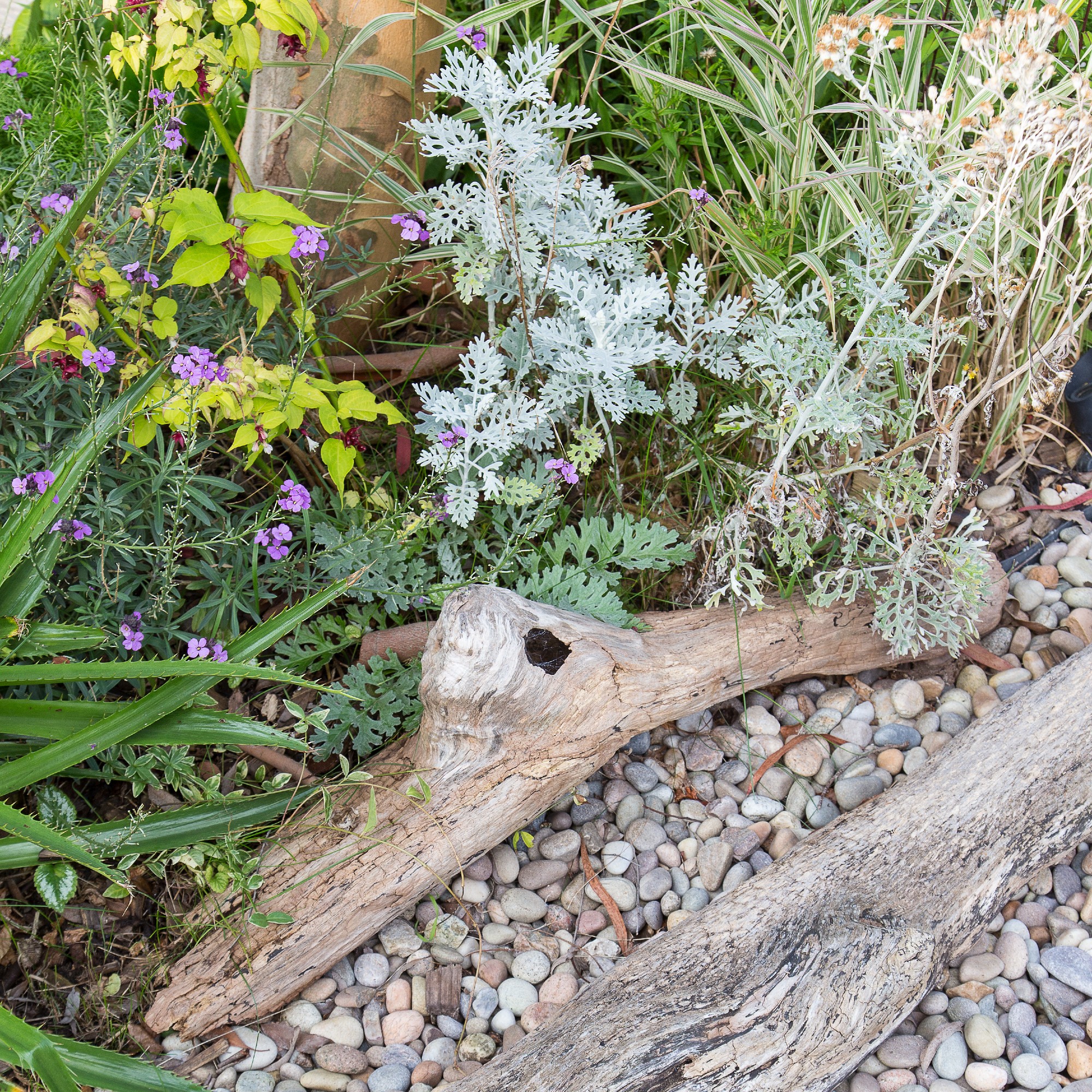
If you're still wondering why you shouldn't skip mulching, Peter says that a good 'mulch prevents weed growth, reducing competition for water and nutrients'.
'A layer of mulch can help to limit weeds by basically suffocating them. Many weeds will not survive a good layer of mulch because they need sunlight to grow,' agrees Morris, noting it's one of the best ways to get rid of weeds naturally.
'This is usually the case for annual weeds, whereas perennial weeds may still need to be removed. Not forgetting that weeds are simply plants growing where you don’t want them, so if you were to apply a layer of mulch and cover your cultivated plants, you could kill them off too! As a general rule, mulch your beds and around your plants but not too close to the base of the plant.'
4. Protection from pests
'Some mulch – depending on the type and consistency – can help to keep pests off plants,' says Morris (undoubtedly music to the ears of anyone who's been googling 'how to get rid of slugs' this summer).
Mulch not only helps plants to thrive and be able to better deal with pests but also slugs and snails for example might not like to crawl over the mulch, keeping them off your plants.
Where to buy mulch online
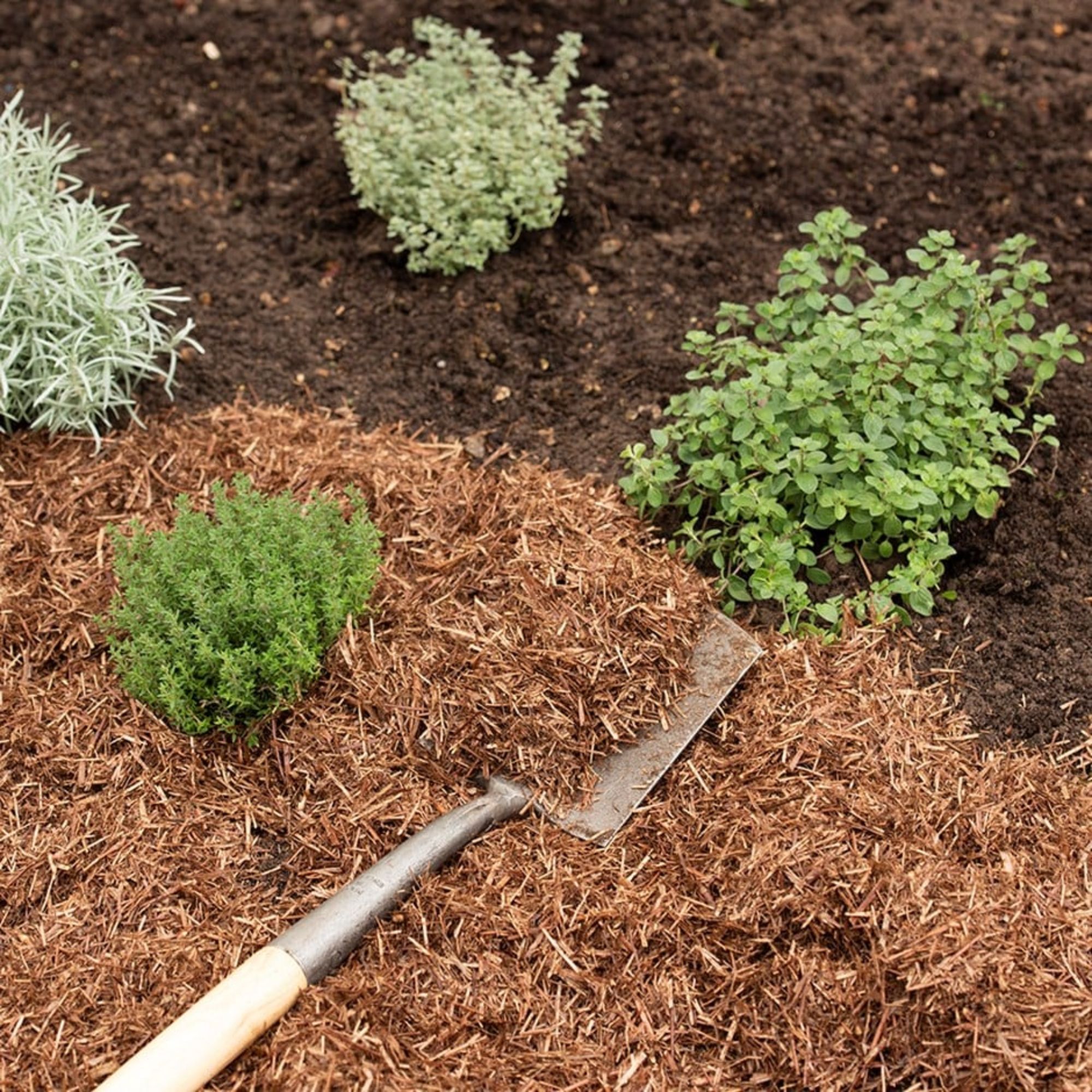
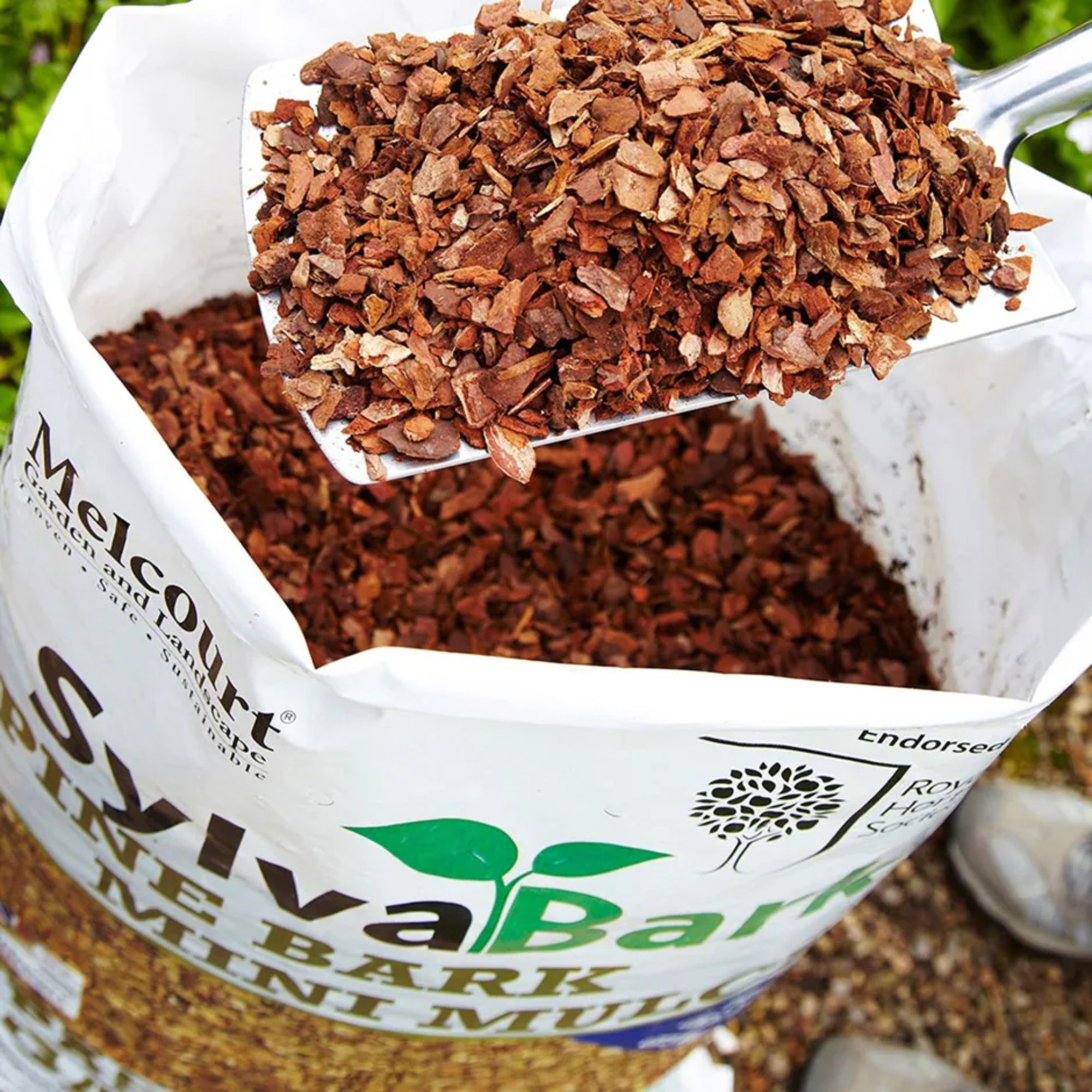
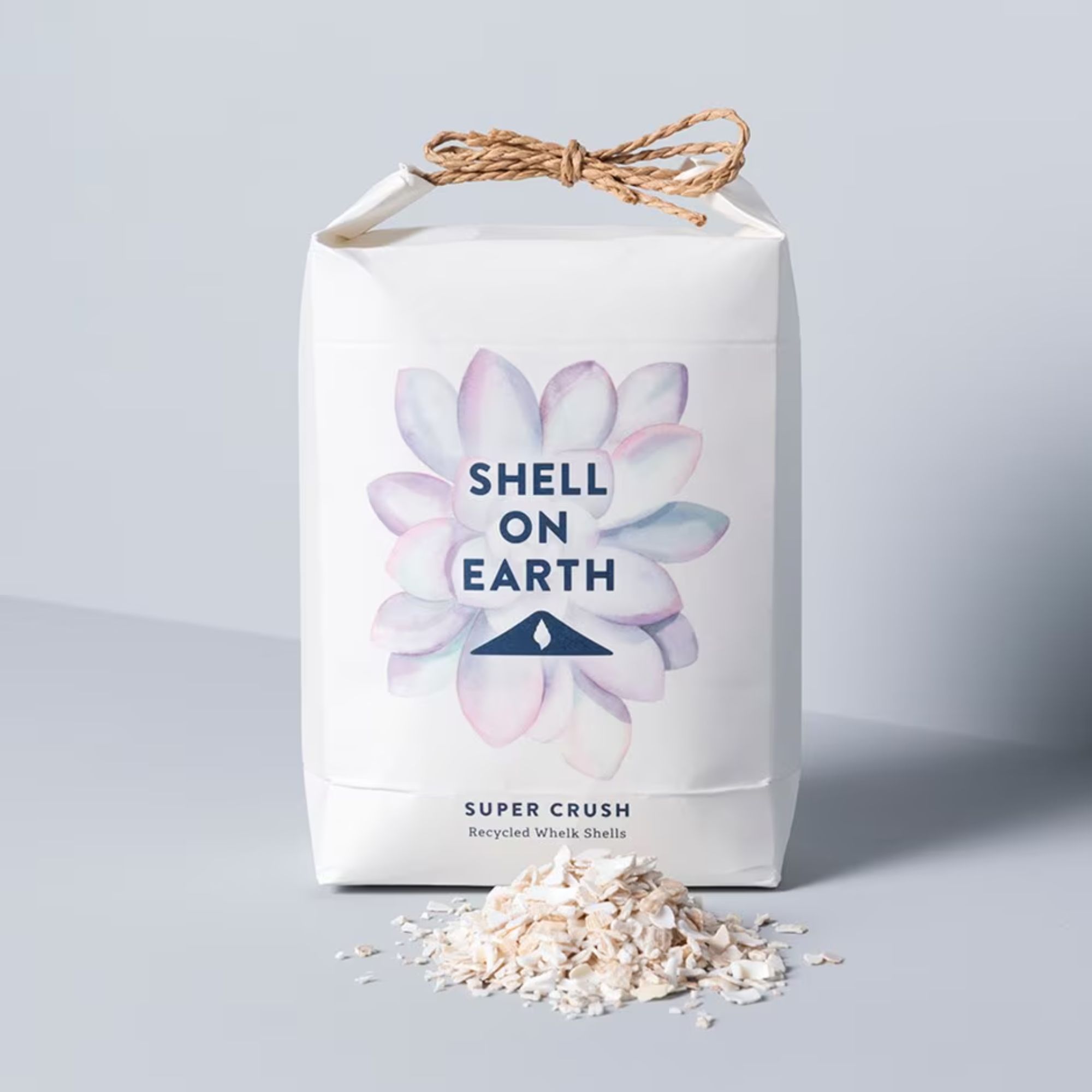
FAQs
What is the best mulch for gardens UK?
If you're wondering what is the best mulch for gardens, there are several different types recommended by experts.
Peter Chaloner, managing director at Cobra, says that you can opt for either an organic or inorganic mulch.
Organic Mulch:
'Includes materials like grass clippings, leaves, and bark. It improves soil health as it breaks down,' he says.
Inorganic Mulch:
'Includes materials like pebbles and stones,' says Peter. 'It offers long-term weed suppression but doesn't add nutrients.'
The best mulch for you, then, will depend on why you're mulching in the first place: for soil conditioning or weed suppression.
What is a major downside to mulching?
There are some major downsides to mulching, if you don't do the job properly.
'Over-mulching can suffocate plants,' says Cobra's Peter Chaloner. 'Take care to regularly rake mulch to prevent buildup.'
Peter adds that you should also 'keep mulch away from stems and roots to avoid rot and disease'.
What are the guidelines for mulching?
The basic guidelines for mulching are, according to Peter Chaloner of Cobra, as follows:
- Apply mulch in autumn or early spring before weeds germinate.
- Avoid piling mulch directly against plant stems or roots to prevent diseases.
He adds that using the correct tools can make the experience far more efficient, too.
'Try something like the Cobra QS2500 Quiet Shredder,' he advises, noting that it 'shreds garden waste into mulch quickly and quietly'.
You could also use the Cobra MM51B Mulching Lawnmower, if you want to 'efficiently collect and mulch grass clippings,' says Peter.
Now that you know why you shouldn't skip mulching, it's time to get to work. It is, after all, the best and easiest way to save water, suppress weeds and improve the soil around plants – what more could you want, eh?

Amy Cutmore is an experienced interiors editor and writer, who has worked on titles including Ideal Home, Homes & Gardens, LivingEtc, Real Homes, GardeningEtc, Top Ten Reviews and Country Life. And she's a winner of the PPA's Digital Content Leader of the Year. A homes journalist for two decades, she has a strong background in technology and appliances, and has a small portfolio of rental properties, so can offer advice to renters and rentees, alike.